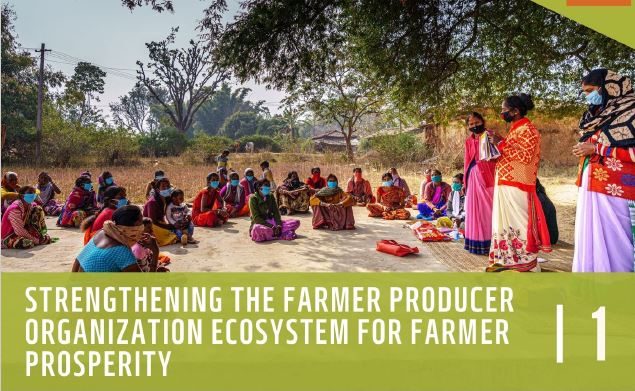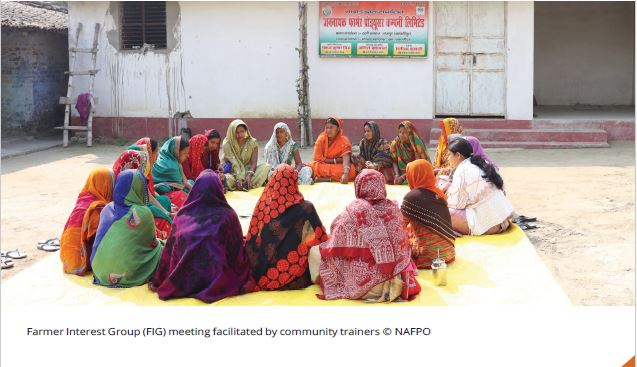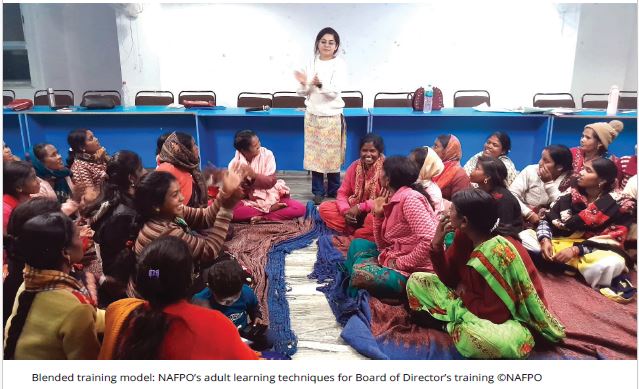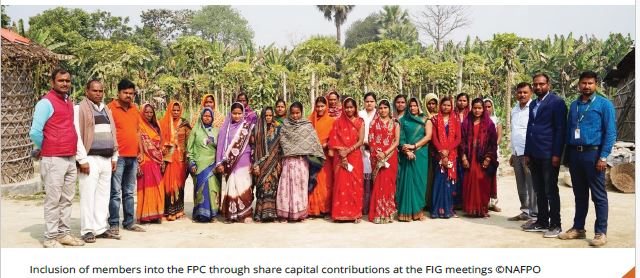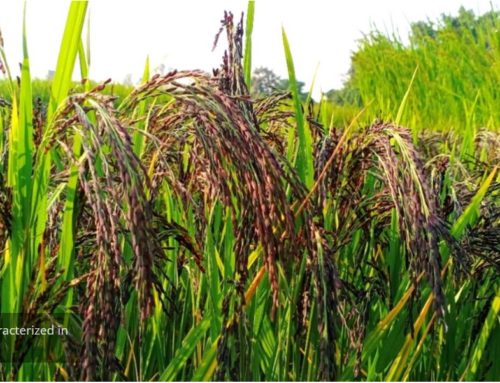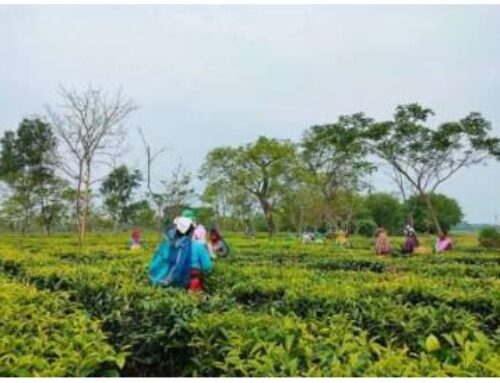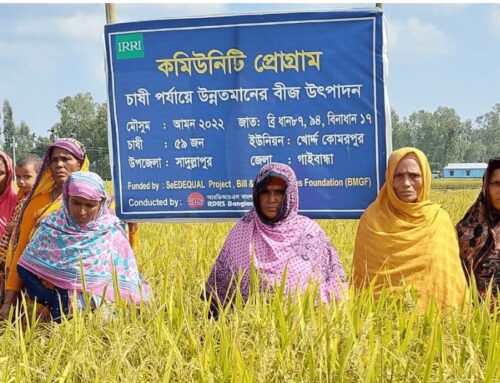The majority of farmers in India own small landholdings – 83% of farmers belong to the small and marginal category (owning less than 1 ha of land) – and therefore the volume of farm produce by these small farmers is inevitably small. Many farmers and their farms are far away from markets where their produce can be sold. Their access to markets, to communication networks, to banking services, and to
sources of information are limited. The ability of farmers to leverage these improvements calls for considerable reinforcement. An important challenge they face is the stranglehold of monopolistic and
interlocked traders on whom they have to depend for buying inputs and selling their produce. Addressing these challenges would require institutional aggregation models that can mobilize farmers as collectives while addressing larger challenges such as sustainable agriculture for livelihoods, resource conservation and regeneration, and thus promote an equitable and inclusive model of rural economic growth.

